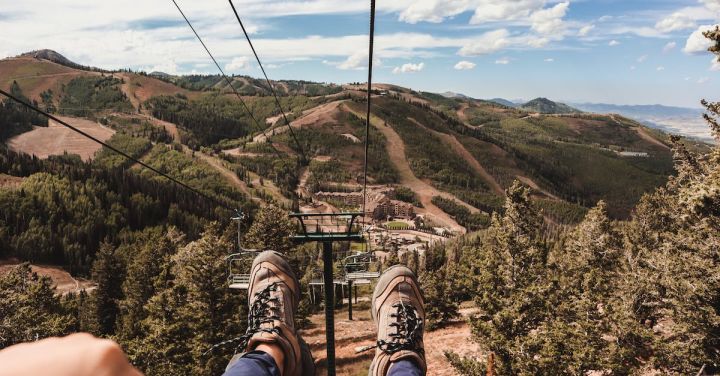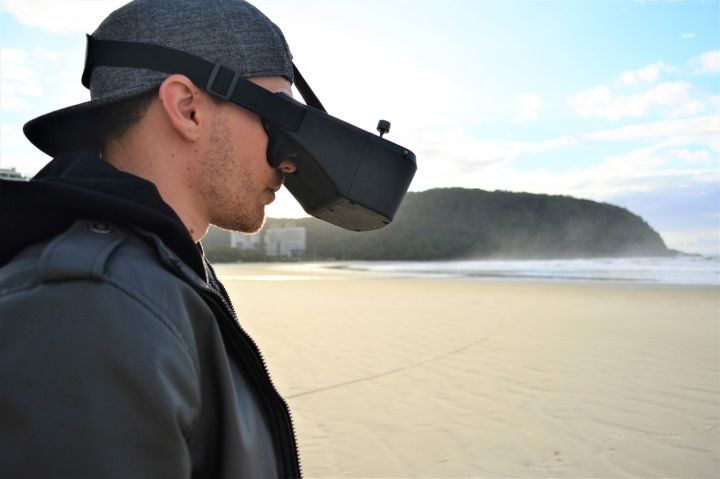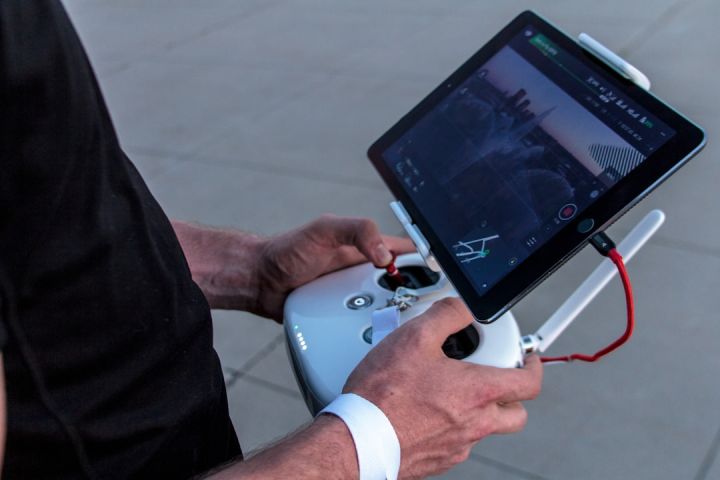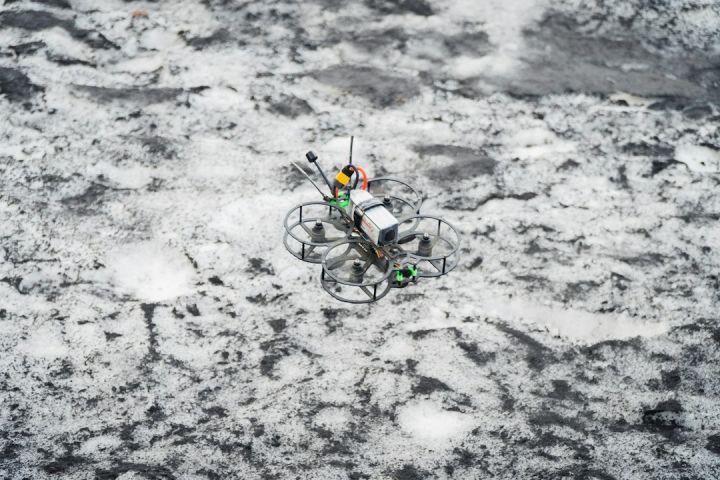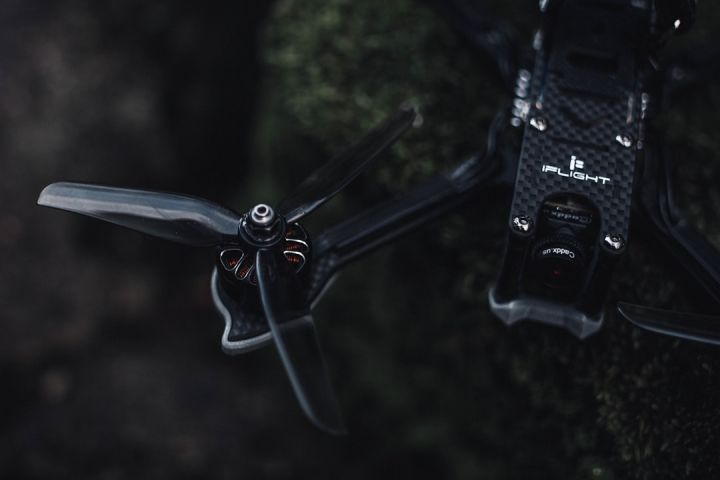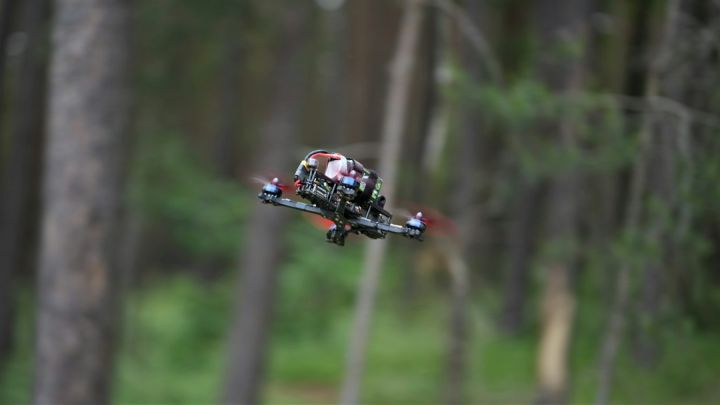What Are the Legal Regulations Surrounding Fpv Racing?
FPV racing, also known as First Person View racing, is an exciting and rapidly growing sport that involves flying remote-controlled drones at high speeds through a designated racecourse. As the popularity of FPV racing continues to soar, it’s important for enthusiasts and participants to understand the legal regulations surrounding this exhilarating activity. In this article, we will explore the key legal considerations that govern FPV racing.
Safety First: Drone Registration and Licensing
One of the most crucial aspects of legal compliance in FPV racing is adhering to safety regulations. In many countries, including the United States and the United Kingdom, drone registration is mandatory for drones that weigh above a certain threshold. Additionally, pilots may need to obtain a license or certification to operate a drone for commercial purposes or in certain restricted areas.
Navigating Airspace Regulations
Another important area of concern for FPV racers is airspace regulations. It is essential to familiarize yourself with the rules and restrictions imposed by the aviation authorities in your country. Typically, drones are not allowed to fly over certain areas such as airports, military installations, and government buildings. Understanding the airspace restrictions will help ensure that you race within legal boundaries and avoid any potential accidents or conflicts.
Respecting Privacy and Data Protection Laws
As FPV racing involves capturing video footage from the drone’s perspective, it is crucial to respect privacy and data protection laws. Before recording or sharing any footage, it is important to obtain consent from individuals who may be captured in the video. Additionally, be mindful of not invading someone’s privacy by flying your drone too close to their private property or recording in prohibited areas, such as bathrooms or changing rooms.
Insurance Coverage for FPV Racing
While not legally required in all jurisdictions, having appropriate insurance coverage is highly recommended for FPV racers. Accidents can happen, and having insurance will provide financial protection in case of any damage or injury caused by your drone. It is advisable to consult with insurance providers who specialize in drone-related coverage to ensure you are adequately protected.
Local Laws and Permits
In addition to national regulations, it is important to consider local laws and permits that may be applicable to FPV racing. Some cities or municipalities may have specific rules regarding drone usage, such as designated flying areas or restrictions on flying during certain hours. Familiarize yourself with these local regulations to avoid any legal complications and ensure a smooth racing experience.
Ethics and Good Sportsmanship
While not legally enforceable, ethics and good sportsmanship play a significant role in FPV racing. It is important to be respectful of other racers, spectators, and the environment. Avoid flying recklessly or endangering others, and always follow the designated racecourse and safety guidelines. Upholding these principles will not only contribute to a positive racing community but also help maintain a favorable public perception of the sport.
In Conclusion: Navigating the Legal Landscape of FPV Racing
As the popularity of FPV racing continues to grow, so does the need for understanding and complying with the legal regulations that govern this thrilling sport. From safety considerations such as drone registration and licensing to navigating airspace regulations and respecting privacy laws, it is important for participants to be knowledgeable and responsible. By adhering to these legal regulations, FPV racers can ensure a safe and enjoyable racing experience while contributing to the continued growth and acceptance of this exciting sport.

